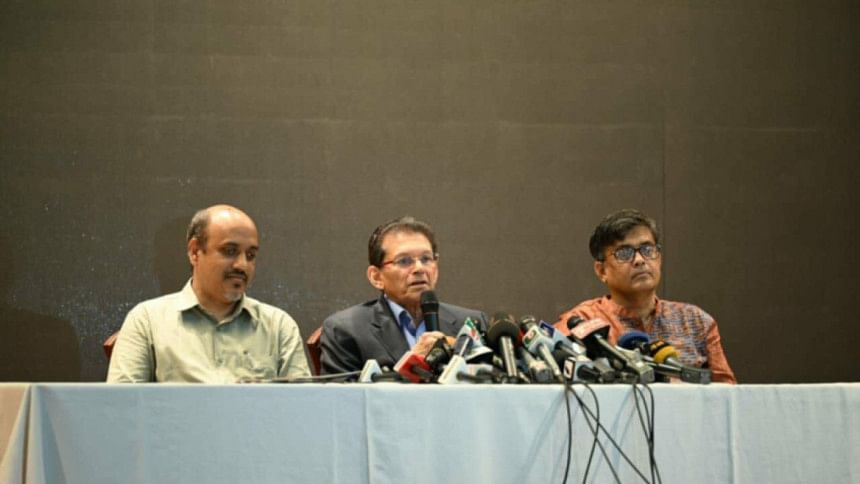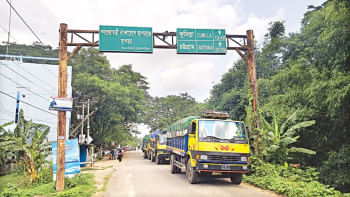Yunus’ comment on seven sisters: ‘Made with honest intention’

Dhaka says Chief Adviser Muhammad Yunus's comment relating to the Northeastern states of India was made with honest intention, keeping in mind the potential of regional connectivity.
"He made the statement with honest intention. If a different interpretation is provided, we cannot prevent it," said Khalilur Rahman, chief adviser's high representative for the Rohingya issue and other priorities, at a media briefing yesterday when asked for comment as many Indian leaders have strongly reacted to the statement.
Addressing a discussion in Beijing on March 28, Yunus had tried to convince Chinese businesses to set up industries in Bangladesh and export to the rest of the world and even China by taking advantage of the country's seaway.
"Seven Sisters of India are a landlocked region -- they have no way to reach the ocean. We are the only guardian of the ocean for all of this region. This opens up a huge possibility," he told the roundtable.
Yunus also said that Nepal and Bhutan have unlimited hydropower, which is a blessing for the region.
"We can bring it to our purpose for setting up factories and so on. From Bangladesh, you can go anywhere you want. The ocean is in our backyard. So, this is the opportunity that you want to take," he said.
A number of Indian leaders, however, reacted sharply to Yunus's comments.
In a statement posted on X on Tuesday, Assam Chief Minister Himanta Biswa Sarma said the remarks by Yunus were "offensive" and highlighted the ongoing vulnerability associated with India's strategic "Chicken's Neck" corridor.
He focused on developing more robust railway and road networks both underneath and around the Chicken's Neck corridor, warning that Yunus's remarks reflected broader geopolitical ambitions that India could not ignore.
Pradyot Manikya, chief of the Tipra Motha Party and titular King from Tripura, urged India to consider securing its access to the sea by pursuing a more forceful approach, controversially suggesting that India contemplate breaking up Bangladesh in order to access the sea directly.
He suggested that the indigenous communities in Chittagong Hill Tracts in Bangladesh, including the Tripuri, Garo, Khasi and Chakma people, should be supported in the quest for a strategic sea route for India, reports India TV.
Some Indian scholars said the remarks by Yunus were provocative.
Asked about Bangladesh's position on Indian leaders' reactions, Rahman said Yunus had not made this comment for the first time; he made similar comments in 2012.
He also referred to the then-Japanese Prime Minister Fumio Kishida, who in 2023 had spoken of a vision of creating an industrial value chain connecting Bangladesh and Northeast India, which was known as BIG-B or the Bay of Bengal Industrial Growth Belt.
"I had earlier said connectivity can unleash the potentials of the region, especially for those who find it difficult to have access to the sea. We will not impose connectivity on anyone. We are not in that position. If anybody accepts, well. What can we do if it is not accepted? We have nothing to do. We can only say that we are willing to provide connectivity for the equitable benefit of all."

 For all latest news, follow The Daily Star's Google News channel.
For all latest news, follow The Daily Star's Google News channel. 



Comments